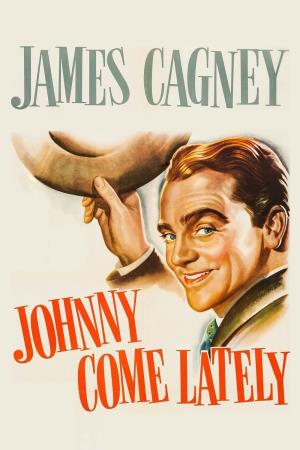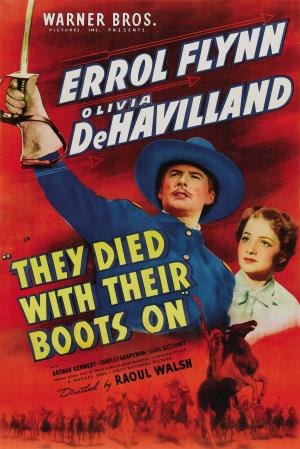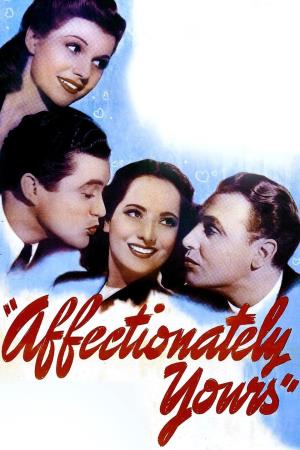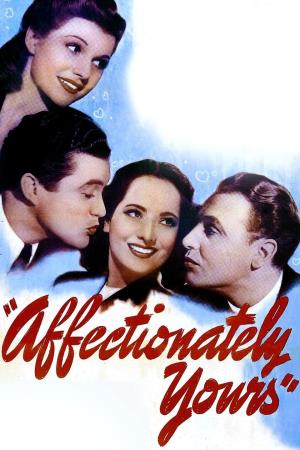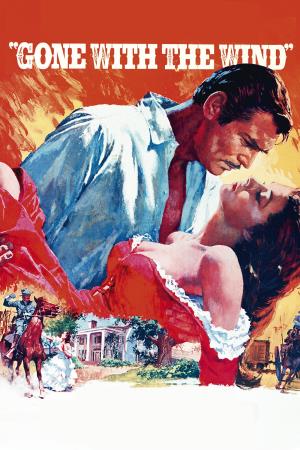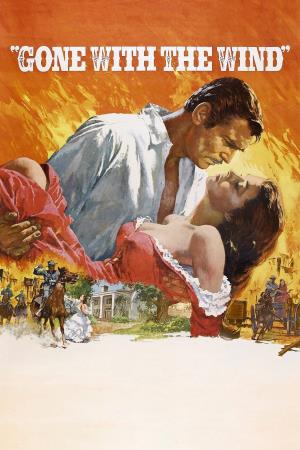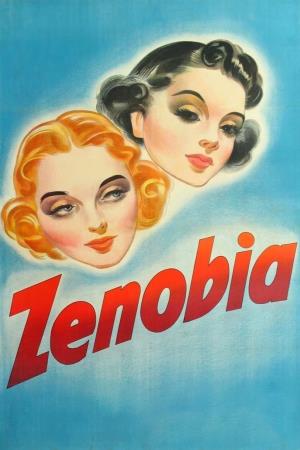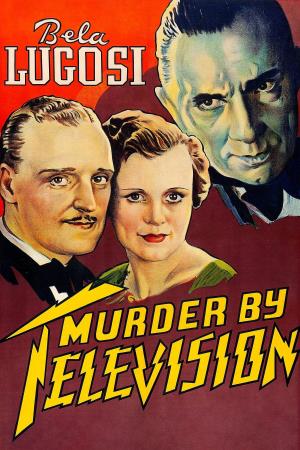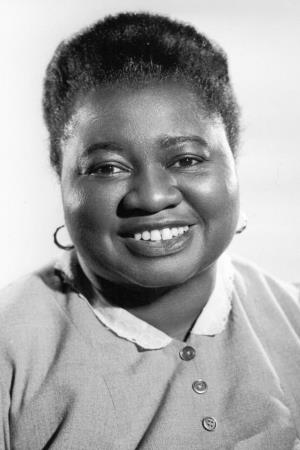
Hattie McDaniel (June 10, 1893 - October 26, 1952) was an American actress whose portrayal of Mammy in Gone with the Wind (1939) won her the Oscar for Best Supporting Actress, making her the first black person to win an Academy Award.
After working as early as the 1910s as a band vocalist, Hattie McDaniel debuted as a maid in The Golden West (1932). Her maid-mammy characters became steadily more assertive, showing up first in Judge Priest (1934) and becoming pronounced in Alice Adams (1935). In
Gender: Female
Born On: 10-Jun-1895
Last Info Sync: 5/15/2021 4:51:00 PM
Hattie McDaniel's Filmography on TV
List of programs starring Hattie McDaniel on tv. Programs are sorted in order of last seen on tv. Last updated: May 14, 2025 9:14 PM
The Big Wheel (1949)
The ambitious son of an accomplished race driver struggles to outrun his father's legacy and achieve his own successes.
Johnny Come Lately (1943)
Cagney is a human dynamo as a drifter who helps save ailing Grace George from losing her newspaper. The pace is fast, and audiences of all ages will be pleased. The supporting cast, have all the small-town characterizations down pat -- with Margaret Hamilton a standout. Cagney himself, had genuine affection for this film, and listed it among his top five movie-making experiences at a retrospective the year before he died.
Genres
#DramaThey Died with Their Boots On (1941)
The story follows General George Armstrong Custer's adventures from his West Point days to his death. He defies orders during the Civil War, trains the 7th Cavalry, appeases Chief Crazy Horse and later engages in bloody battle with the Sioux nation.
Affectionately Yours (1941)
A married reporter's assignments carry him all over the world, which gives him ample opportunity to put the moves on the local females.
Affectionately Yours (1941)
A married reporter's assignments carry him all over the world, which gives him ample opportunity to put the moves on the local females.
Gone With The Wind (1939)
The spoiled daughter of a well-to-do plantation owner is forced to use every means at her disposal to claw her way out of poverty, following Maj. Gen. William Sherman's destructive "March to the Sea,” during the American Civil War.
The Gone (1939)
The spoiled daughter of a Georgia plantation owner conducts a tumultuous romance with a cynical profiteer during the American Civil War and Reconstruction Era.
Ollio sposo mattacchione (1939)
A modest country doctor in the antebellum South has to contend with his daughter's upcoming marriage and an affectionate medicine show elephant.
Genres
#ComedyUn dramma per televisione (1935)
James Houghland, inventor of a new method by which television signals can be instantaneously sent anywhere in the world, refuses to sell the process to television companies, who then send agents to acquire the invention any way they can. On the night of his initial broadcast Houghland is mysteriously murdered in the middle of his demonstration and it falls to Police Chief Nelson to determine who the murderer is from the many suspects present.

